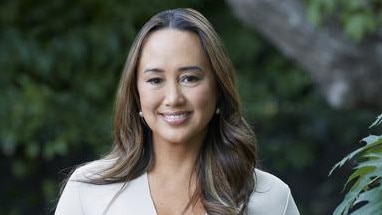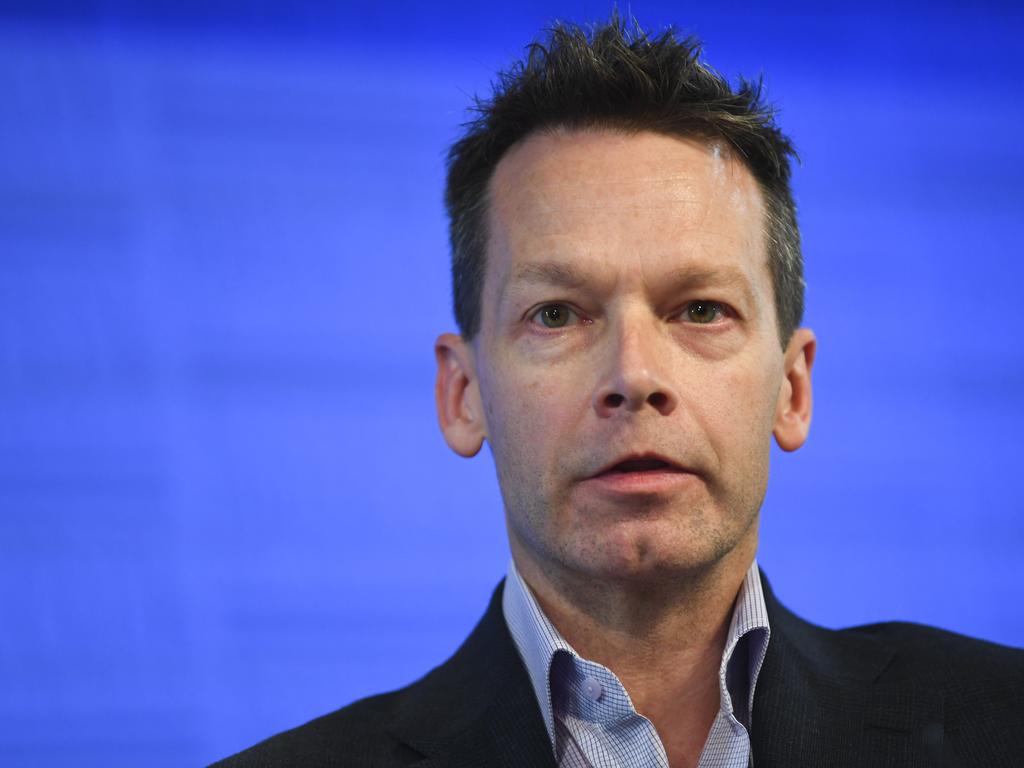Defamation laws a disaster for two decades, says top lawyer
The solicitor who represented a string of high-profile clients will tell the Tony Shepherd Oration that attempts to reform the system have been an ‘abysmal failure’ due to state governments.

Defamation law has been a disaster for almost 20 years because the states introduced legislation in 2005 which left the door open for forum shopping.
That is the view of one of Australia’s top defamation lawyers, Rebekah Giles, who will describe attempts at reform as an “abysmal failure on every level”.
Ms Giles, who has represented a string of high-profile clients including former attorney general Christian Porter, Greens senator Sarah Hanson-Young and ex-Liberal staffer Brittany Higgins will give the keynote address at the Tony Shepherd Oration on Wednesday. The forum’s previous speakers have included Sport Australia chair Josephine Sukkar and Qantas chief executive Alan Joyce.
“The states are still flailing in their inability to grapple with the internet,” Ms Giles will say.
“Retirees in their 80s appear to manage social media accounts yet the great state of NSW is unable to provide us to with a comprehensible draft that defines an internet service provider.”
Ms Giles will condemn the attempts by states to reform and argue the commonwealth needs to round off a suite of legislation that includes racial discrimination, consumer and intellectual property protection and online safety “by taking control of Australia’s defamation laws by making them sensible, uniform and modernised”. This was particularly the case for the internet.
State reforms should be abandoned and “assumed by the commonwealth or even the Australian Law Reform Commission who can undertake proper research as well as balanced, principled and comprehensive consultation,” she will say. “The commonwealth must exercise its powers to protect its citizens by ensuring that there remains a fault-based liability for internet intermediaries that fail to act after being on notice of damaging material.”
The NSW government, led by Attorney-General Mark Speakman, is leading a push to modernise national defamation laws to specifically take into account search engines and social media. The state has previously passed some law reforms, which added a serious harm test in an attempt to stop minor claims before they became costly hearings.
The media has also repeatedly called for reforms, warning expensive disputes were making public interest journalism difficult. Ms Giles has frequently found herself on the other side of a dispute with the media, most recently representing ex-LNP MP Andrew Laming against Nine Entertainment.
Apart from the issue of uniformity, there was the need to recognise the scope of reform required, she will say. “These are not domestic issues. They are issues of international importance in which Australia is only one of all of the countries affected … it is in the national interest for the commonwealth to engage with other nations on these issue and act for the protection of its citizens. And this is a matter on which there ought to be bipartisan support,” Ms Giles will say.







To join the conversation, please log in. Don't have an account? Register
Join the conversation, you are commenting as Logout